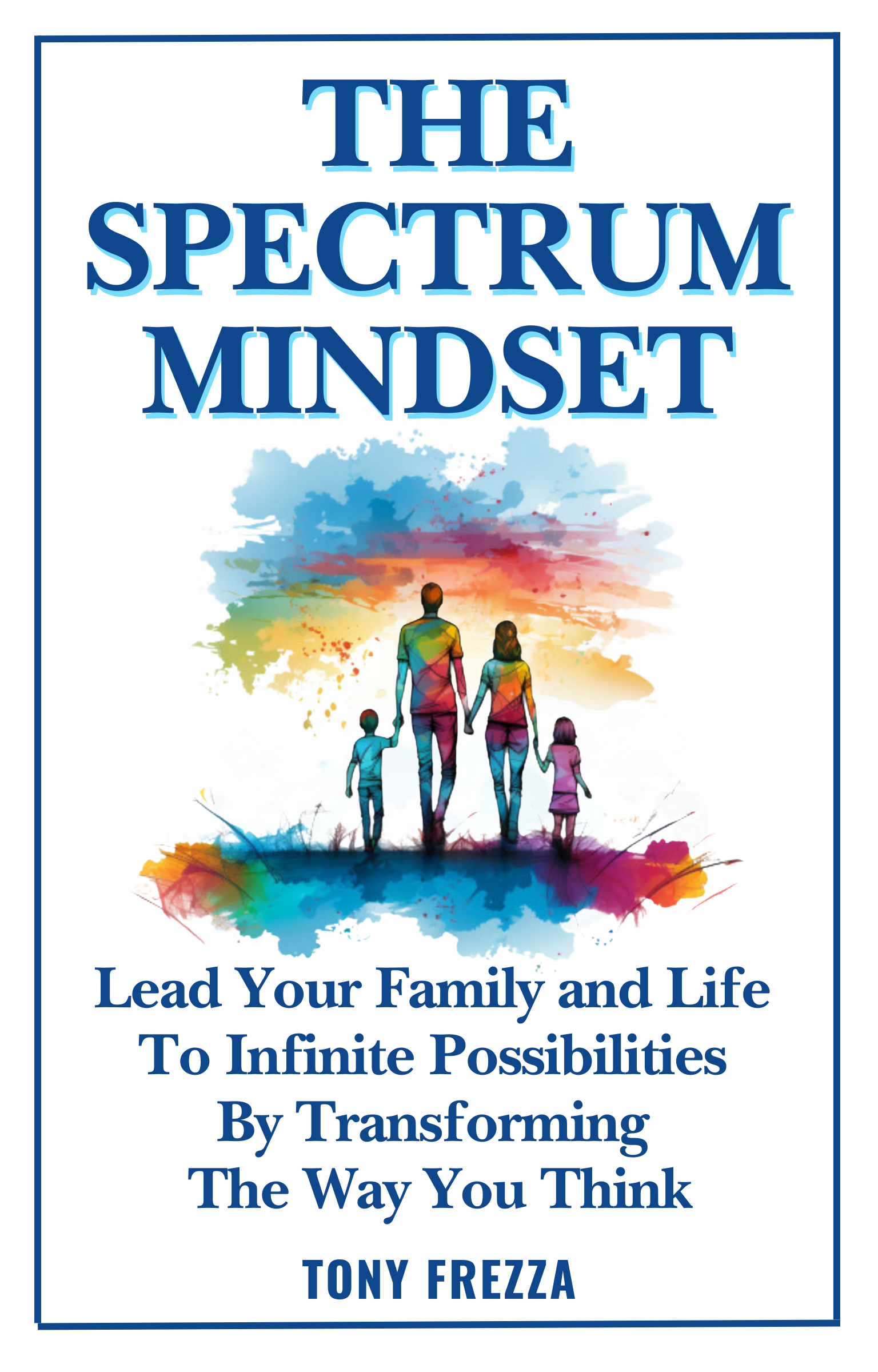
Mindset Over Milkshakes
We know our minds are powerful, but are they powerful enough to impact our body’s physical responses to food? Can we actually influence biochemical reactions in the body, which could change the way our body signals hunger and fullness, and ultimately stores fat or burns it?
Back in 2011, a study was conducted with milkshakes to see how mindset affects our body’s physical response to food. The researchers used a measure of ghrelin, the “hunger hormone”, to measure the amount of satiety or fullness a milkshake gave people. The less ghrelin in their system, the more satisfying a food was. A healthy response and balance of ghrelin helps us maintain a healthy weight by moderating our food intake.
The participants were tricked into thinking that they were either drinking an indulgent 620-calorie “indulgent” shake, or a 140-calorie “sensible” shake. But in reality, they all received the same 380-calorie shake. The only difference was what they thought they were drinking.
The researchers found that a mindset of indulgence produced a dramatically steeper decline in ghrelin after consuming the shake, whereas the mindset of sensibility produced a relatively flat ghrelin response. Participants’ satiety was consistent with what they believed they were consuming rather than the actual nutritional value of what they consumed.
In simple terms, the people who thought they were drinking the low-calorie shake got hungrier a lot sooner because they didn’t believe they drank something of substance. They thought they were getting robbed from a fuller food experience, but in reality they were all getting the same 380-calorie shake.
This can be a great explanation of why many diets don’t work for people. They tend to believe a healthier option is robbing them of the fulfillment from food they need. So while the food could be serving its purpose physically, mentally they still believe they are undernourished or suppressed from something. Hence why the diet only lasts so long before the person returns to their normal eating habits.
This is not the only way our mind tricks us into thinking we are full from a food or not.
Studies have also shown that mindful eating participants report higher levels of satiety and satisfaction simply by being present with the meal they are eating. A study at University of Birmingham in the UK found that when young women watched TV while they ate lunch, they ate significantly more cookies during their subsequent afternoon snack than their peers who didn’t watch TV.
I’ve performed my own experiments with this and have found similarly striking results. Whenever I try to do work and eat at the same time, I will find myself hungry again less than an hour later. “Didn’t I just eat?” I think to myself. It was like my brain forgot that I even ate because it was so uneventful in my stream of thinking.
A lot of times we think we’re being efficient by multitasking and eating while we work, scroll social media, or listen to a podcast, but we’re really causing our body’s response to that food to be more inefficient, possibly provoking us to consume more food than we need.
Add in stress and emotions to this distraction and you have a recipe for binge eating or drinking at the culmination of a tough day. The hunger hormone ghrelin and the stress hormone cortisol, were meant to keep us balanced and healthy, but when we aren’t balanced and healthy, they can find a way to work against us.
In the 2011 study, the milkshake researchers pointed out that their discoveries about ghrelin had “important implications given recent interest in exploring the physiological and pharmacological use of gut peptides as a means to manage weight.”
Now in 2024, we’re way past “recent interest in exploring” as pharmacological gut peptides, AKA GLP-1’s, AKA Ozempic, Wegovy, Rybelsus, have taken center stage as a way to lose weight and control hormonal responses to food. These drugs also have a big mindset component, seeking to help the brain control cravings and regulate appetite.
I’m not a big fan of relying on drugs to solve our issues, but I’m a really big believer in the mind being a powerful force for changes in your body. I believe many drugs see effects because of the placebo effect of what patients expect to happen.
There are many more studies, in many different fields, about how the placebo effect helped people change their lives simply by believing differently. It’s crazy how a patient’s perception of an intervention, such as their belief in the treatment, expectations, and attitude, can affect the results.
So the next time you sit down for a meal, create your own placebo effect around the food you are eating.
Take a few minutes to appreciate the food before you. Say a grateful prayer for it. Put your work away, as well as the iPhone. Create some space and awareness around your meals to tune into your body and check in with yourself. Know that your food can and will nourish you fully.
The milkshake researchers concluded with this witty quote I thought worthy of reposting—“Perhaps if we can begin to approach even the healthiest foods with a mindset of indulgence, we will experience the physiological satisfaction of having had our cake and eaten it too.”
Try a full day of slowed down, mindful eating and see if it helps you control cravings and make better food choices.
Milkshakes (aka protein shakes) optional.
-Coach Tony
